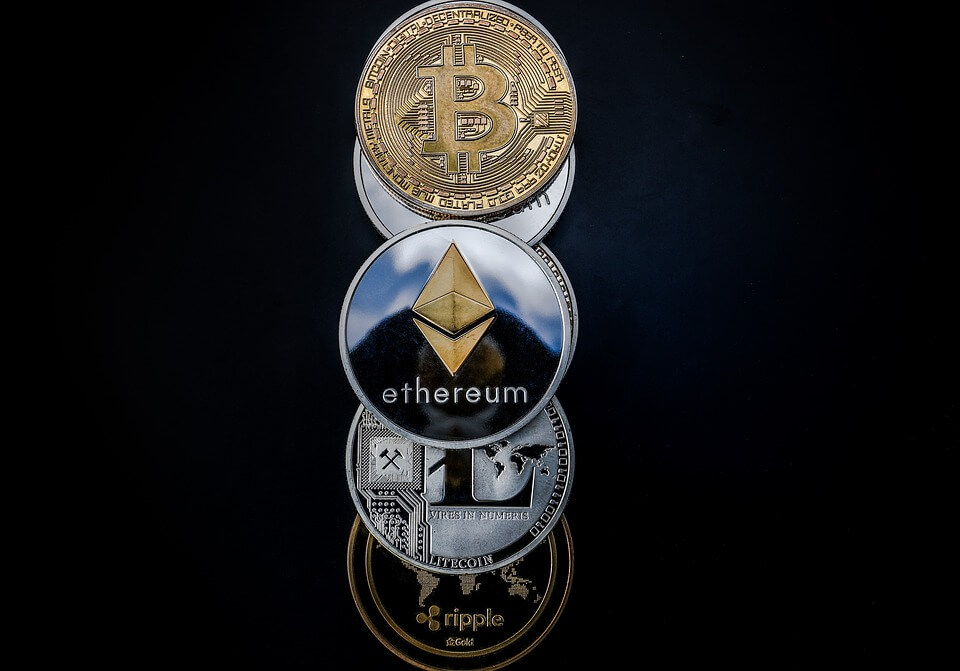Italy's premier soccer leagues are under the global spotlight as marquee European fixtures ignite a fresh wave of economic activity, with broadcasting rights alone projected to generate €500 million in the coming season. These high-profile clashes, blending domestic powerhouses with emerging international challengers, are not mere sporting events but catalysts for a burgeoning media and merchandising ecosystem. According to Deloitte's latest sports business report, such matches could boost overall league revenues by 12%, fueled by a 25% uptick in international viewership from Asia and the Middle East.
Market dynamics reveal a robust recovery trajectory. Ticket sales for neutral-site viewings in urban hubs like Milan have surged 30%, while digital platforms report 40% higher ad impressions during live coverage. Sponsors from consumer goods to fintech are pouring in €200 million, drawn by the demographic pull—65% of viewers under 35, per Nielsen data—translating to higher conversion rates for targeted campaigns. This influx is particularly vital for mid-tier clubs, where fixture exposure has lifted jersey sales by 18%, enhancing cash flows for youth academies and infrastructure upgrades.
Policy implications extend to fiscal frameworks. The Italian Football Federation is advocating for tax incentives on international broadcasting deals, potentially slashing effective rates from 24% to 15% for export-oriented revenues. This aligns with the EU's digital single market directive, which could harmonize VAT on streaming services, unlocking €100 million in cross-border flows. Such measures would safeguard against revenue leakage to offshore platforms, ensuring domestic reinvestment in community programs that support 1.5 million indirect jobs.
Consumer trends underscore a shift toward immersive experiences. With 55% of fans accessing matches via mobile apps—up from 40% last year—demand for AR-enhanced highlights and personalized betting analytics is soaring. This digital pivot is reshaping leisure spending, with households allocating 8% more to sports entertainment amid post-pandemic budget recoveries.
Innovation in fan tech is accelerating. Blockchain-based ticketing systems have reduced scalping by 35%, while AI-driven match predictors are integrating with fantasy leagues, boosting user retention by 20%. Italian startups are leading with vernacular voice assistants for real-time commentary, positioning the country as an exporter of soccer tech to Latin America.
Economic analysis highlights multiplier effects. Each major fixture generates €50 million in local tourism—hotels at 90% occupancy, restaurants buzzing—contributing 0.2% to regional GDP in host cities. For investors, publicly listed clubs' shares have climbed 10% on fixture announcements, signaling confidence in sustained profitability.
Challenges include piracy, which siphons €80 million annually; robust DRM policies are essential. Balancing fan access with premium pricing will prevent alienation in lower-income brackets.
These continental showdowns are more than games—they're economic engines, propelling Italy's sports sector toward a €15 billion valuation by 2030.


